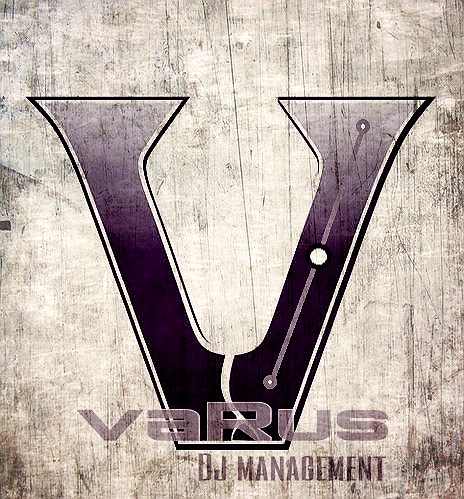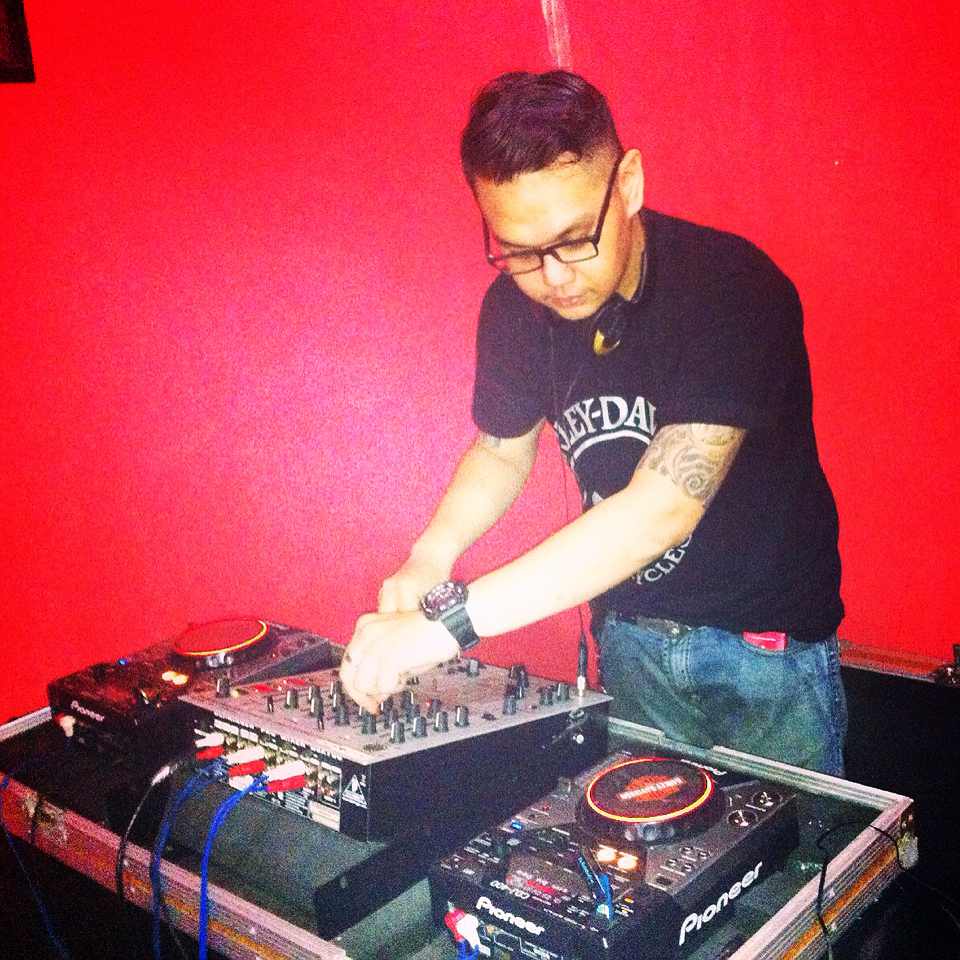People often ask: is a DJ an artist? This is a difficult question. Sure, there is a certain skill involved in DJ'ing, but does that make the DJ an artist? There is skill involved in driving a car but no-one would call driving an art-form. Is the same true of DJ'ing?
I believe that DJ'ing is a form of art. The purpose of this short piece is to explain my reasons for holding this belief. My goal is to convince the skeptics that DJs should be put into a similar category with other artists. Musicians, composers, painters, and photographers are all artists that have learned a skill. They use their skill to bring about emotion in other people. They do this by either creating something new, or by capturing a unique scene or moment in time, and then making the result available to an audience. DJs are the same. They use their skill to create mixsets, and in doing so they are capturing something unique which can be made available to an audience. To strengthen my point, I will draw an analogy between a photographer and DJ. I believe that if photography is a form of art, then so is DJ'ing.
So, what does a DJ actually do?
At its most basic level a DJ selects a range of musical pieces and plays them to an audience. The primary goal is to make people dance. But is this art? Surely an iPod on random shuffle can do this. We wouldn't want to call an iPod artistic--especially if it is random. Of course, this is a naive view. An iPod on random shuffle cannot keep people dancing. Occasionally it might play an agreeable song, which some people will dance to. But that is just blind chance. Its pure luck. An iPod is not an artist.
So what does a DJ do that an ipod does not do? There are two important aspects to DJ'ing. First, there is the process of mixing. Second is song selection.
1. Mixing
A good DJ will blend songs together in order to create a suite of music in which the audience is unaware of the transitions between tracks. Not only does this keep a dance floor energy on a constant flow, it can also sound very good when elements between two songs interact. Mixing is a technical skill that many people can learn. It is important, because it gels the music together, but ultimately it is a mechanical process and therefore not artistic in itself.
2. Song selection
The most fundamental aspect of DJing is song selection. A DJ selects a range of tracks that mix nicely together in order to create a "mixset" (sometimes simply referred to as a mix). When a DJ does his job well, not only will the set be seemless, it will also take people on a musical journey which is almost symphonic in structure. The set will start in a certain place and take people through highs and lows, light and shade, through major and minor keys. This is not done randomly. It is done by carefully considering the mood of the people on the dance floor while also considering which songs mix well together. DJ sets often build up to a peak in energy before gradually coming back to the same level at which they started. Other DJ sets can start off subtle and continue to build people up, increasing the energy and excitement to a crescendo before rapidly dropping back down. Sometimes a DJ will end his set at the crescendo.
The important feature of the DJ mixset is the journey that it takes its audience on. And it doesn't have to be live. A DJ can mix a set on radio or in a studio which will take its audience on just as powerful a journey--though this is more difficult because most mixsets are constructed in reaction to the audience.
So, how is this art?
Well, it is art insofar as the mixset is a unique suite of music, which can be considered as a complete unit. It is built out of a range of separate tracks that the DJ has consciously chosen to include in the greater whole. It is not a random selection. The DJ has chosen the tracks for a reason--to generate emotions and feelings. Furthermore, this is not something that anyone can do. DJs are like music filters. There are thousands of tracks released every year, and the DJ has to filter through them and decide what is good, and what is not good. The DJ has to decide what to put into his set for people to hear.
But is this art or just musical taste?
It is art in the same way that photography is art. Consider a photographer. She will go in search of scenes that she believes have certain qualities. Often the scene a photographer finds can look quite ordinary to other people. In fact, many people might walk by without noticing. The photographer sees something unique and beautiful in the scene and uses her technical skill with the camera to bring out its best qualities. The resulting picture is then made available to an audience. The same is true for a DJ. The DJ finds music that he considers to have certain qualities. The DJ then uses his technical skill to blend his chosen music together in a way which brings out the true beauty of the individual pieces. In this way the DJ is like a photographer. If a photographer is an artist, then so is the DJ.
Conclusion
My goal in this article has been to show that a DJ is an artist, and the mixsets he produces are a form of art. There is more to DJ'ing than the mechanical act of mixing. Good DJ mixes do not consist of random song choices. There is an artistic process at work. Just as a photographer picks scenes that already exist and packages them in a way that makes them appealing to an audience. A DJ picks music that already exists and packages it in a way that makes it appealing to an audience.
A mixset is a piece of art.



